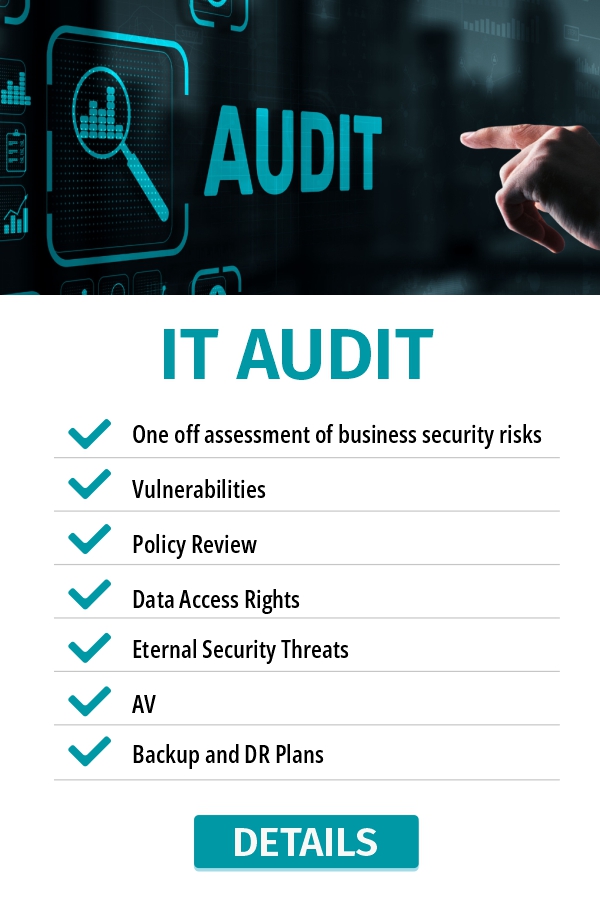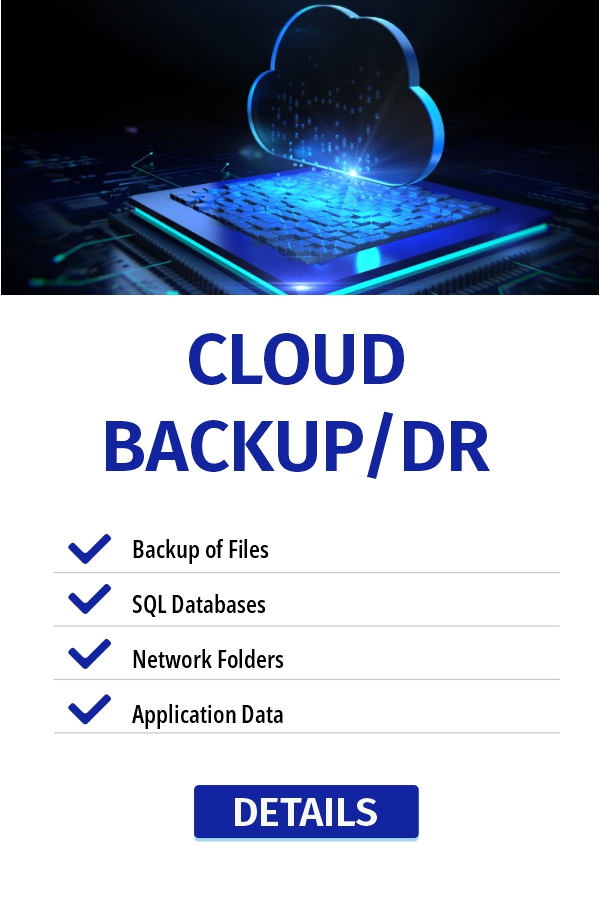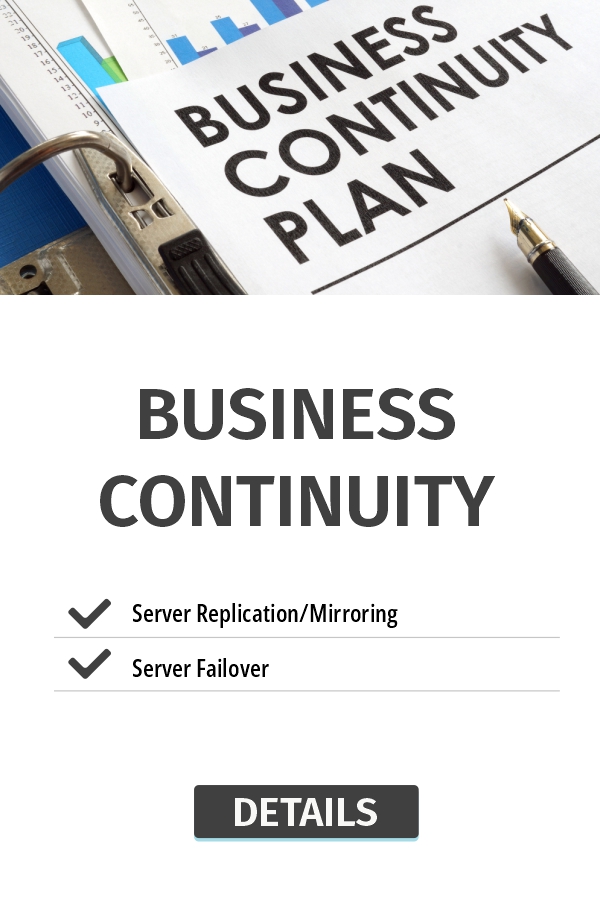360 SECURITY
KENYA IS AMONG TOP 10 COUNTRIES IN THE CONTINENT WITH THE HIGHEST NUMBER OF PEOPLE EXPOSED TO CYBERCRIME
IT Security For Business – Why XC360?
Security Expertise is in high demand. Intel estimates there will be anywhere between 1 and 2 million unfulfilled IT security jobs worldwide by 2025. Security expertise will come at a premium and filling and keeping that role adequately filled internally will prove challenging. Our industry expertise and experienced teams means we always have the resources and knowledge to resolve and mitigate security challenges quickly, capably and reliably.
Modern security strategies require mastering an entire suite of technologies and the ability to implement and integrate varied technology solutions whilst minimising downtime and performance degradation. Our teams have a varied, but in depth skillset that means you can leverage their span of knowledge and specialisms to protect and secure your organisation to the highest level.
Delivering IT services is our only Business and as such we have robust training schemes in place to attract the best, develop the best and keep the best talent focussed on protecting your Business.
Our breadth of services are delivered and managed through a number of cutting edge enterprise tools, tools that enable our team to take advantage of IT automation, centralised monitoring and management to ensure services are delivered efficiently, manged professionally and monitored 24*7. Which ultimately means you don’t have to absorb the costs of delivering these capabilities.
Our unique position in the industry means we have a host of strong relationships with multiple security vendors coupled with our home-grown talent and proprietary services. We can intelligently operate vendor relationships, effectively integrate and maintain solutions and provide the right blend of security solutions and advice to keep threats at bay.
- 5 in 131 emails contain ransomware
- 43% of cyber attacks are aimed at SMEs
- 63% of breaches are caused from stolen or weak passwords
- Insider threats contributes up to 50 percent of breaches
XC360 SECURITY SERVICES



To get more details on our IT Security Assessment service offering, download our IT security Audit brochure below;















